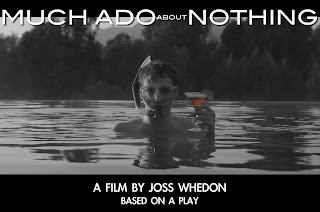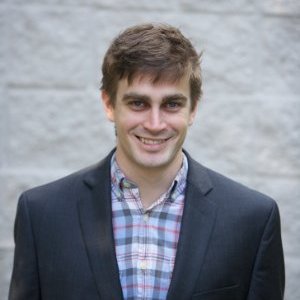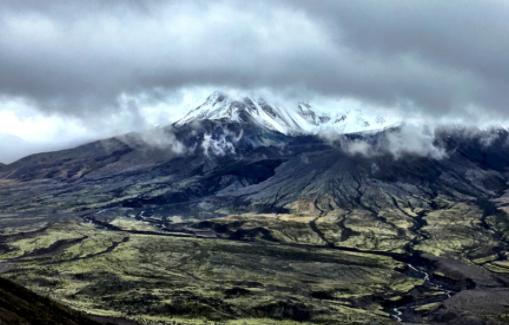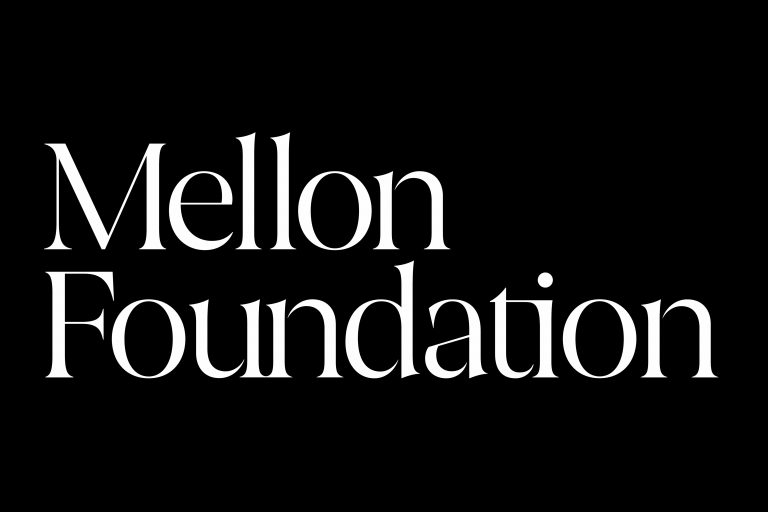18th Century and More with Professor Seavey
 |
| Michel de Montaigne |

 |
| Michel de Montaigne |

Dean’s Seminar, Spring 2013 ENG1000: Global Shakespeare || Prof. Alexa Alice Joubin(Taught on Foggy Bottom) Course Description The 2012 London Olympics and the multilingual World Shakespeare Festival brought global Shakespeares home to Britain. Beyond the English-speaking world, his plays and motifs are present in the performance cultures of Europe, the Middle East, Asia and Asia/Pacific,…

Paul Cheney of MarketingExperiments The senior editor at MarketingExperiments, a Florida-based firm, recently wrote us to share why his company (and others) value English majors. Check out Paul Cheney’s guest blog below. Should You Major In English? 3 Highly Marketable Business Skills that English Majors Have in Spades I received my B.A. in English…

GWU freshmen and sophomores! Looking for an interesting course for next year? Please consider Prof. Cohen’s Literature & the Environment. Contact him directly (jjcohen@gwu.edu) to be signed into the class (all it takes is the RTF form). The course meets on Tuesdays from 3:30 – 6:00 p.m. and is a small, seminar-type class that is…

The English Department has received a $487,000 grant from the Mellon Foundation to support “Story for All: Disability Justice Collaboratories.” Led by Professor of English and Department Chair Maria Frawley, the project aims to provide marginalized populations with the empowering capacities of storytelling. The Mellon Foundation—the nation’s largest funder of the arts, culture…

Going home for Thanksgiving is always great, but somewhere in between passing the cranberry sauce and dessert, things can get a bit… difficult. Here are five questions English majors are tired of being asked. 1. Wow it must be nice to have such an easy course load. Oh yeah, preparing a presentation on Pericles, writing a…

English 179.60 took the department’s global focus quite literally this month. Professor Robert McRuer and thirteen students—including English majors Reed Cooley, Erica Manoatl, Colby Katz-Lapides, Jon Mahoney, and Jessica Rawlins—traveled to Prague on November 5 to spend a week at Mezipatra: the 9th Annual International Lesbian and Gay Film Festival. The class, “Transnational Film Studies…